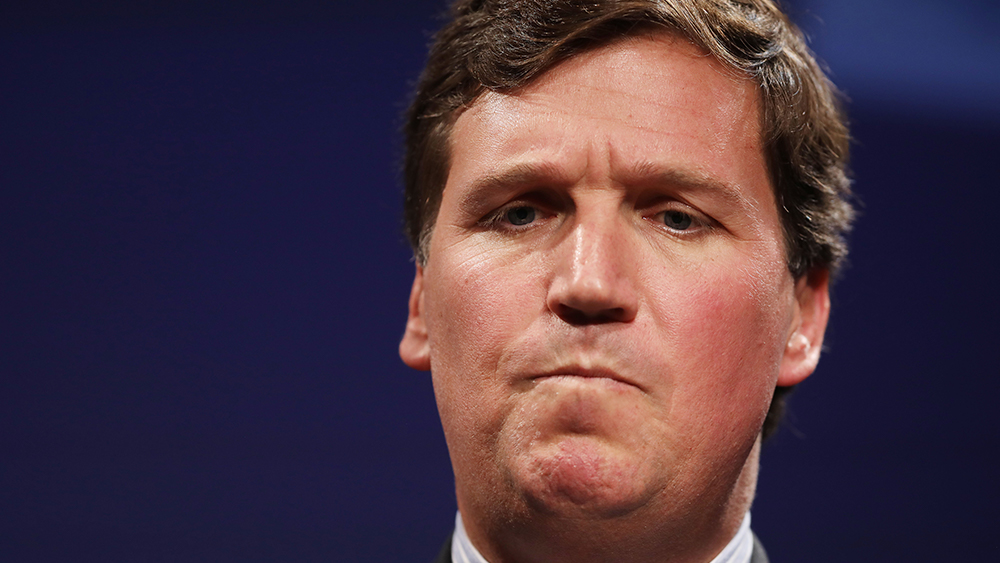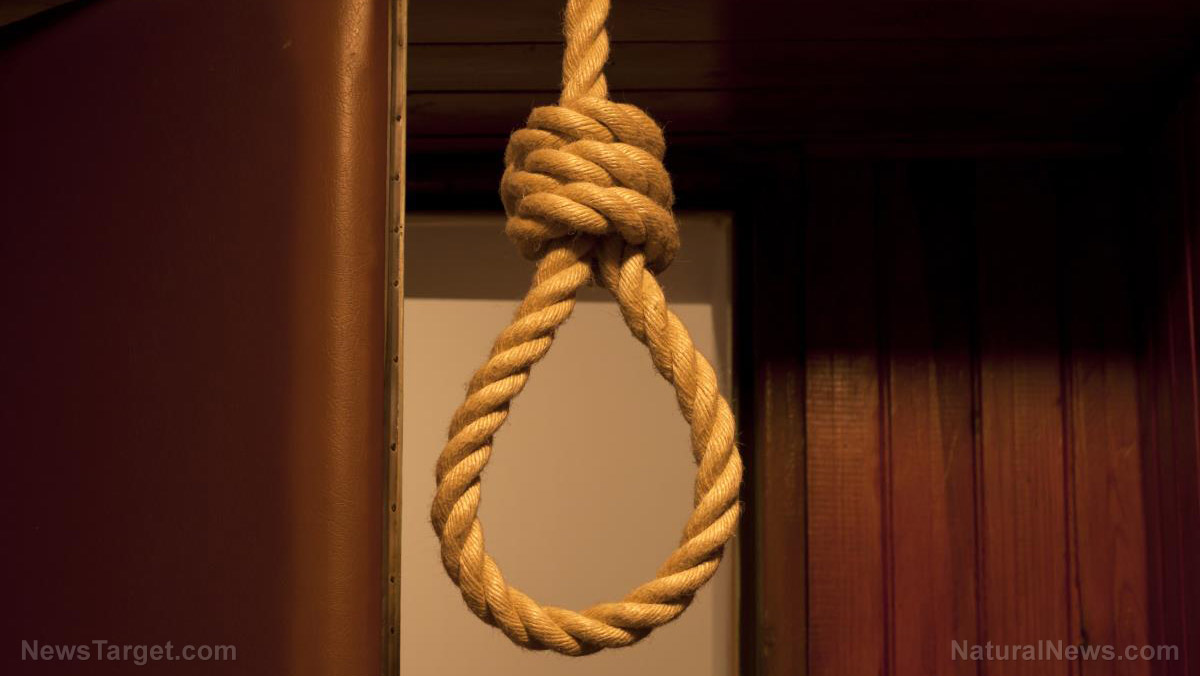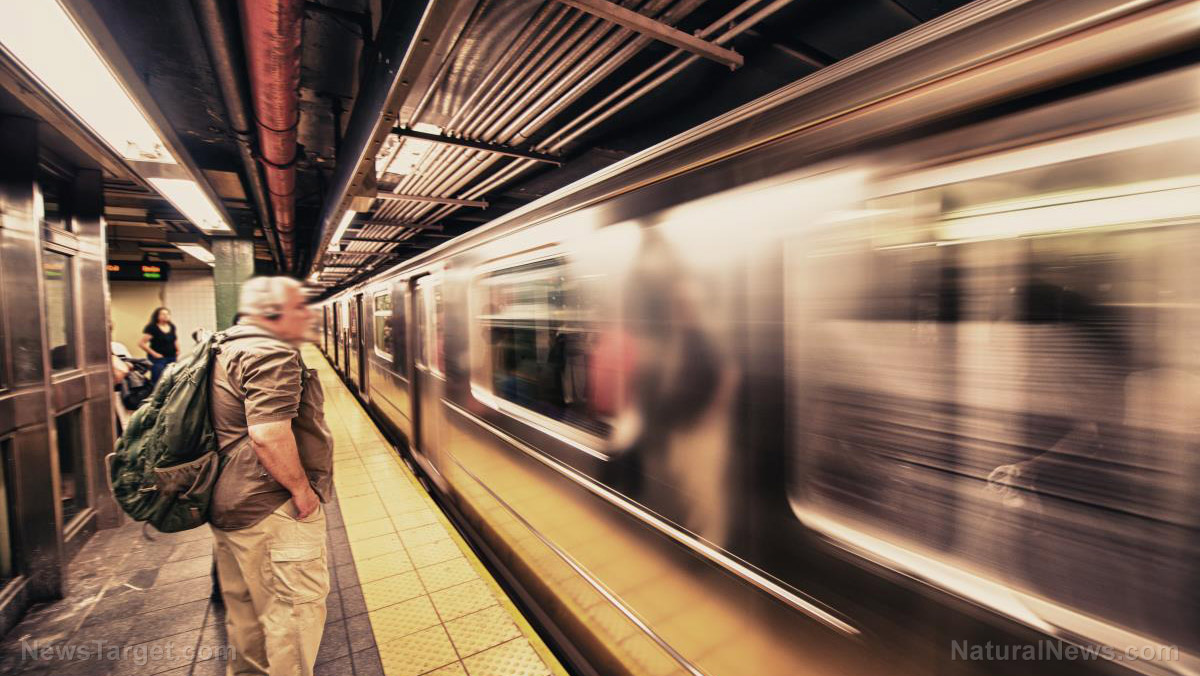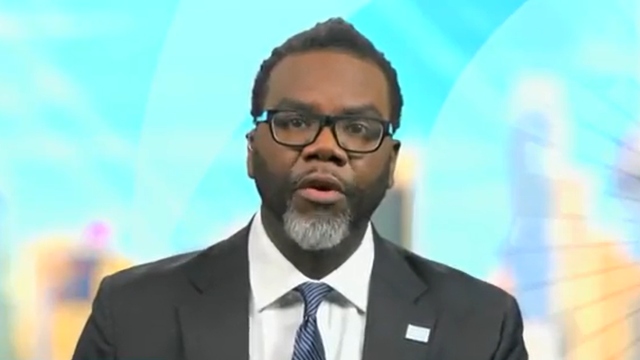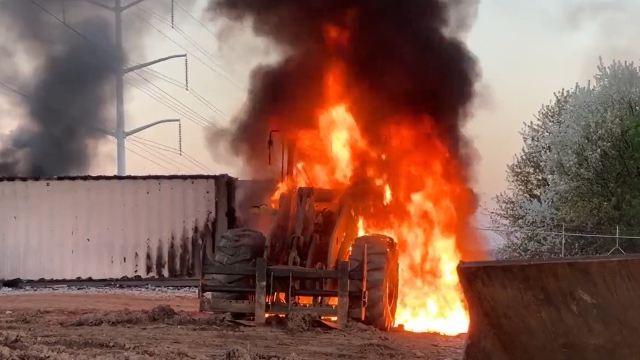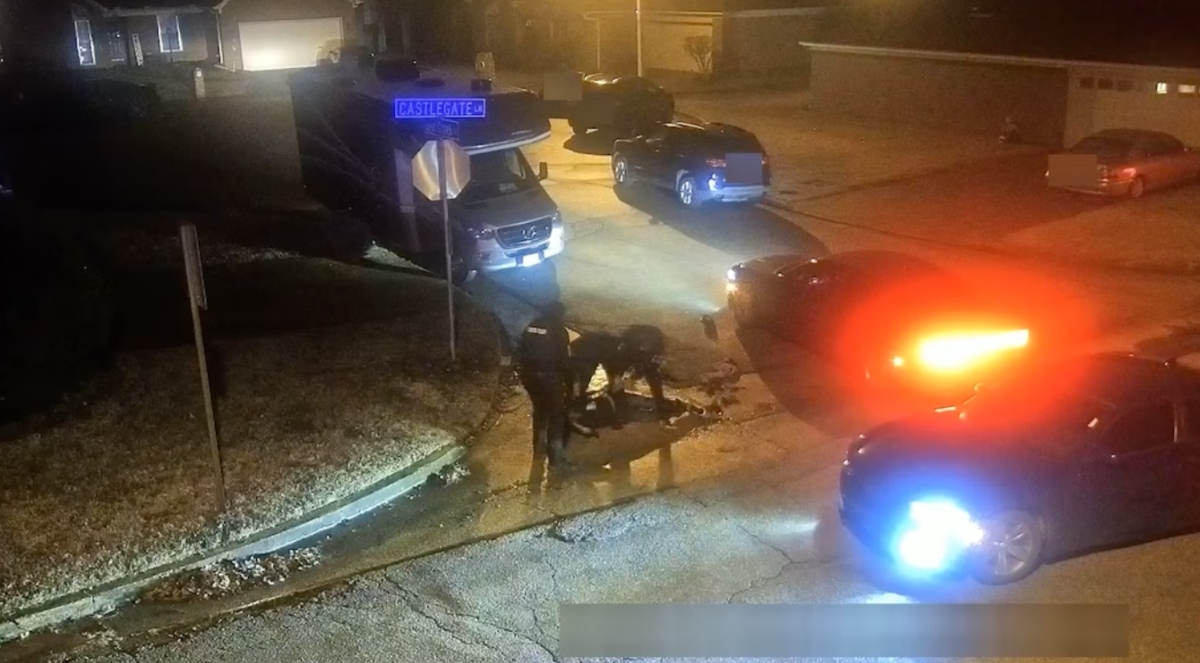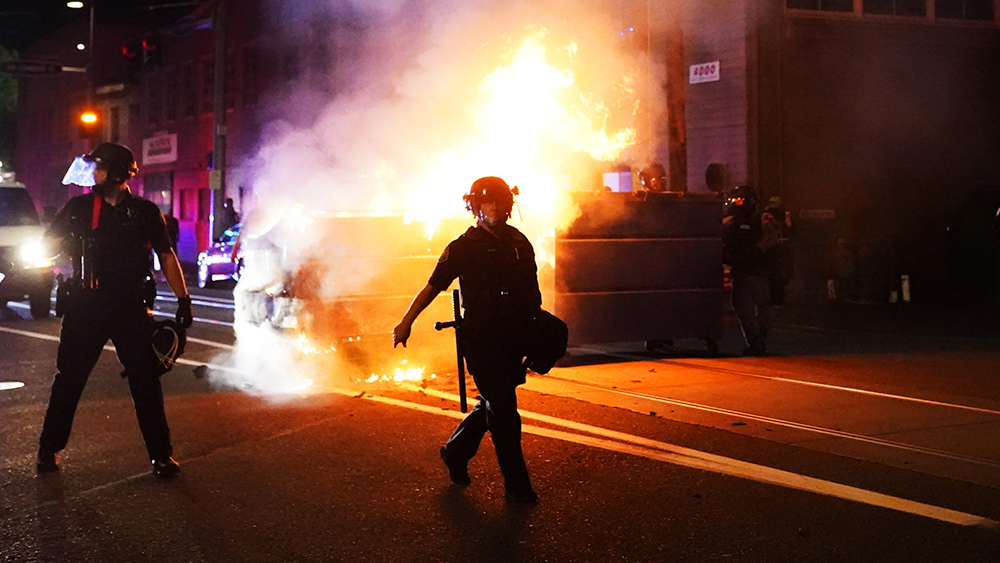
The crime rate in Minneapolis has surged in recent weeks following the resignation of over 100 Minneapolis Police Department officers.
Gunfire can be heard around neighborhoods in northern Minneapolis almost every night, where much of the renewed crime is located. Many of these bullets have hit their targets as well as innocent passersby, including a woman who was shot when a bullet went through her living room wall, a seven-year-old boy who was wounded during a drive-by shooting and a 17-year-old girl who was shot in the head and killed.
According to Cathy Spann, a community activist who works for the Jordan Area Community Council, one of the community councils servicing neighborhoods in northern Minneapolis, she cannot recall another time when the situation in the city was this bad.
In fact, Spann believes that the crime wasn't this bad in the mid-1990s, when the city was given the nickname of “Murderapolis.”
“If you want to talk about pandemics, we're dealing with a pandemic of violence,” said Spann. “We're under siege. You wake up and go to bed in fear, because you don't know what's going to happen next… and our city has failed to protect us.”
Spann points out that the police are not as present as they should be in the neighborhoods. She noted that, when neighbors call the emergency hotline, officers are either delayed in responding or they don't come at all.
MPD said they have been struggling to respond to the surge of violence because an unprecedented number of officers have resigned from the force in the wake of the death of George Floyd in late May and the near-endless engineered rioting that has overtaken the city.
According to Police Chief Medaria Arradondo, more than 100 officers have already left, which is more than double the number that usually resigns or retires from the MPD in any given year.
Arradondo has given multiple reasons for why the police officers have resigned from the MPD. Many filed for retirement or for disability claims, citing post-traumatic stress disorder linked to the rioting. Many others said they were hesitant to continue working for a city that had a very volatile anti-police environment. (Related: University of Minnesota experiences surge in crime after it severed ties with Minneapolis Police Department.)
MPD asking for more police officers
In a meeting with the Minneapolis City Council's Policy and Government Oversight Committee, composed entirely of Democrat and Green Party councilors, Arradondo tried to plead with them for more officers.
“Our resources are hemorrhaging,” said Arradondo. “Our city is bleeding at this moment. I'm trying to do all I can to stop that bleeding and I'm hoping that having the funds to launch a citywide joint enforcement team initiative we can try to stop the bleeding in our city.”
Arradondo is begging the city council to approve a nearly $500,000 contract with the Hennepin County Sheriff's Office and the Metro Transit Police Department, which polices public transport and other properties belonging to the Metro Transit. This contract could provide an extra 20 to 40 law enforcement officers to supplement the MPD's thinning ranks.
The police chief received a lot of backlash for his proposal, such as from Councilman Steve Fletcher, who asked Arradondo why he didn't just take money from other parts of the police budget.
An offended Arradondo pointedly asked Fletcher if they had a suggestion that would be better than what he is proposing.
“If you choose to say no to these victims of crime,” said the police chief, “then please stand by that. I'm saying we need more resources today and right now.”
This retort was not well received by the council, and it led to a heated back and worth between councilmembers who wanted to chastise Arradondo for his comments.
In the end, the committee voted seven to six in favor of the proposal. It is expected to be voted upon by the full council on Friday, Nov. 20. Unless one or more councilmembers changes their mind from now until then, the measure will pass and the MPD will get the resources it desperately needs.
There have been more than 4,600 violent crimes committed in Minneapolis this year alone. Nearly 75 people have been killed, which represents a 50 percent increase in homicides, and more than 500 people have already been shot, the highest number in more than a decade. If the lack of adequate police presence in neighborhoods is not properly addressed, the city's residents can expect to see more violence in their future
Learn more about how police departments are trying to survive amid hostile anti-police environments by reading the latest articles at PoliceViolence.news.
Sources include:
Please contact us for more information.









